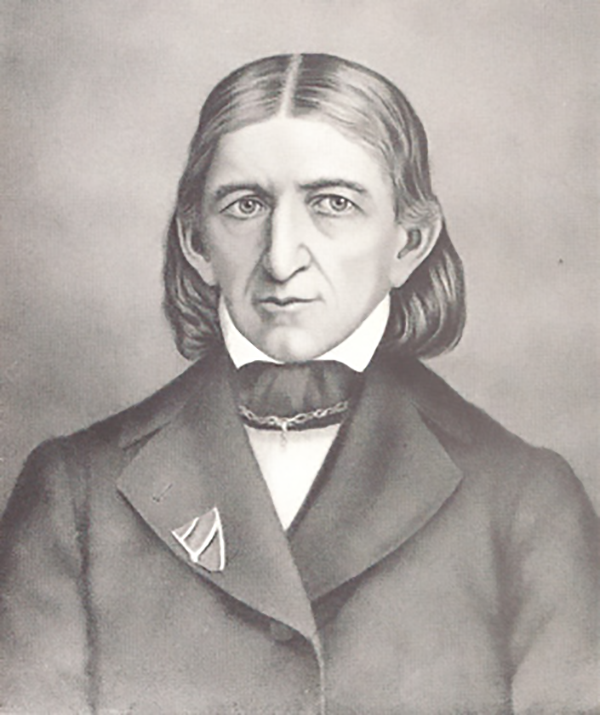“The play of children is not recreation; it means earnest work. Play is the purest intellectual production of the human being, in this stage…for the whole man is visible in them, in his finest capacities, in his innermost being.”
~ Friedrich Froebel

Froebel’s Kindergarten Curriculum Method & Educational Philosophy
Kindergarten was the first organized early-childhood educational method. As a keen observer of nature and humanity, Froebel approached human education from both a biological and a spiritual perspective. Froebel discovered that brain development is most dramatic between birth and age three, and recognized the importance of beginning education earlier than was then practiced. The number of innovations that Froebel pioneered through his research is startling, and includes multiple intelligences (different learning styles), play-based, child-centered, holistic education, parent involvement/training, educational paperfolding, use of music, games, and movement activities for education.
Humans Are Creative Beings
From a spiritual perspective, Froebel understood that what separates us from other life forms is that we alter our environment. More
than simple tool-building, our brains allow us to visualize in 3-D and imagine a different future. True education therefore must help
children to understand their role as creative beings.
Play Is the Engine of Real Learning
Froebel concluded that play is not idle behavior but a biological imperative to discover how things work. It is pleasurable activity,
but biologically purposeful. Froebel sought to harness this impulse and focus a child’s play energy on specific activities designed
to lead them to create meaning from their experiences.
